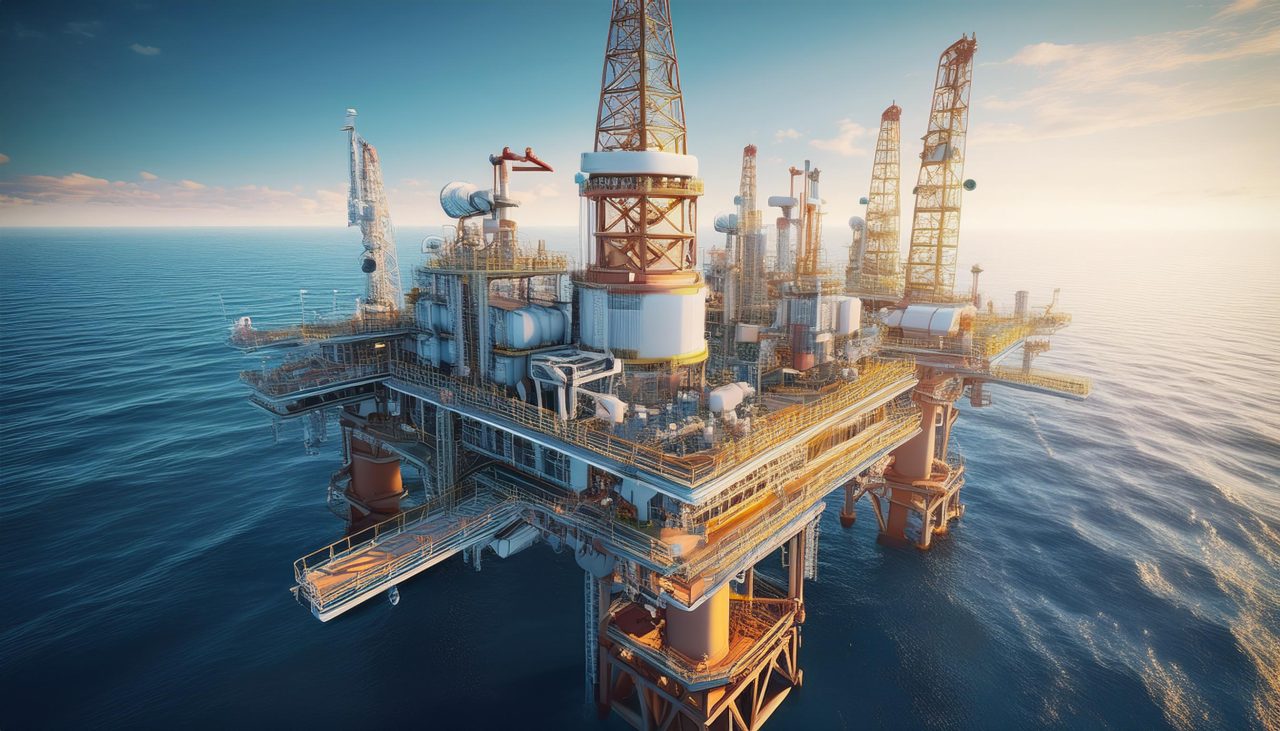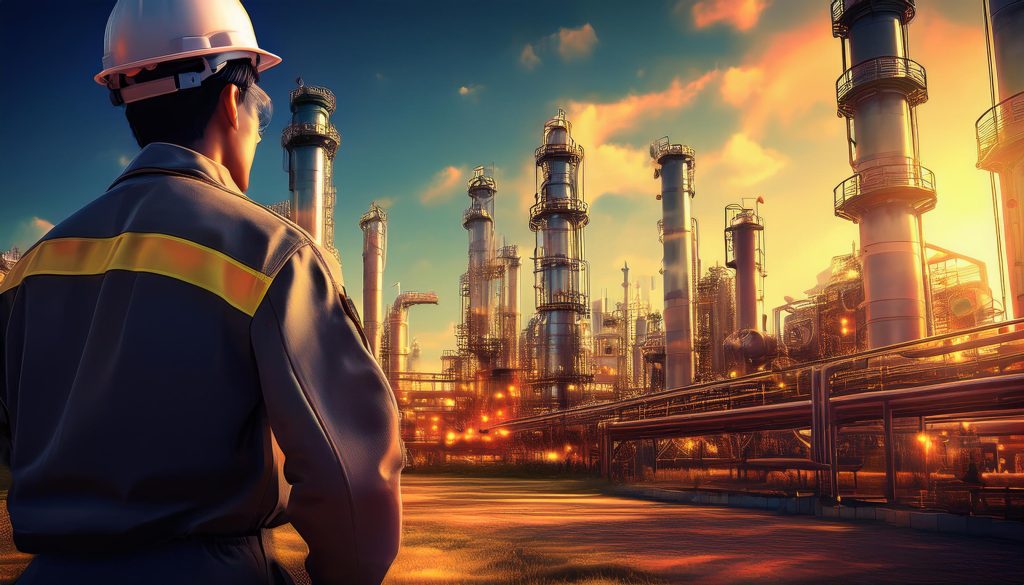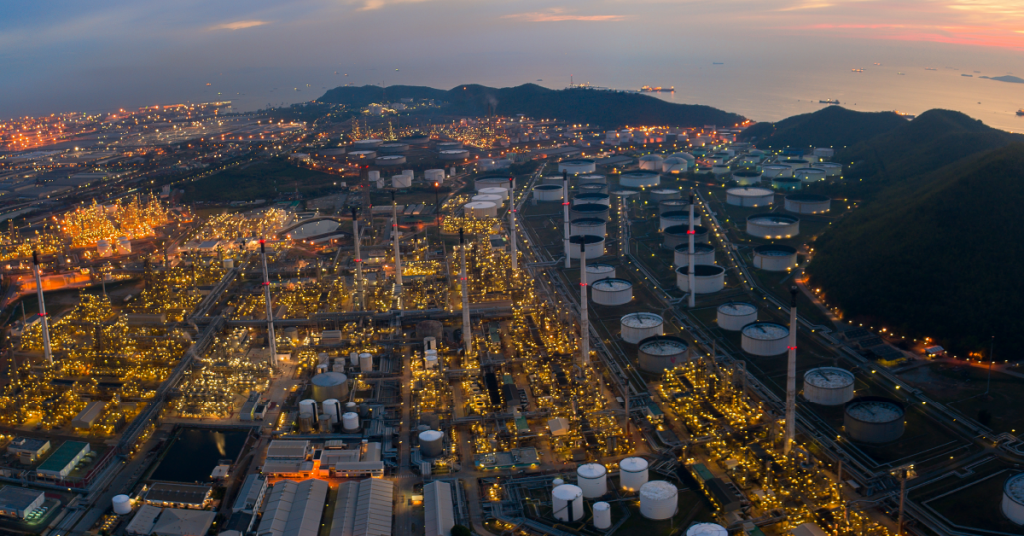Intensive Trainings

Event Series:
Gas Well Performance & Deliquification
Gas Well Performance & Deliquification
May 19 - May 23
Event Navigation

Why Choose this Training Course
Who Should Attend
Production engineer, surveillance engineer, completion engineer, reservoir engineer, production programmer, production operator.
Key Learning Objectives
- Introduction (objectives, units, reservoir fluid properties).
- Inflow performance (Forchheimer, matching, inflow threats & opportunities).
- Outflow performance (single and multi-phase flow, matching, liquid loading instability, other outflow threats & opportunities).
- Wellhead & surface performance (operating envelope, matching, flowline & choke, surface pressure buildup, surface threats & opportunities).
- Reservoir performance (minimum pressure & ultimate recovery, recovery measures, deliquification strategy, connected volume).
- Production forecast & economics (material balance & exponential decline, liquid loading date prediction, profitability).
- Build scenarios (specify & model consecutive remedial measures, forecast & economics).
- Intermittent production (steady-state, transient, huff & puff, model uptime, automation).
- Depletion compression (model triple benefits, location, type, capacity, timing).
- Velocity string (model size, bottom & top completions, deployment).
- Foam-assisted lift (batch & continuous, chemical selection, model, deployment).
- Plunger lift (cycle, completion, model, plunger-less lift).
- Gas lift (intermittent or continuous, annular or concentric, model).
- Downhole pump (applications, types, model).



